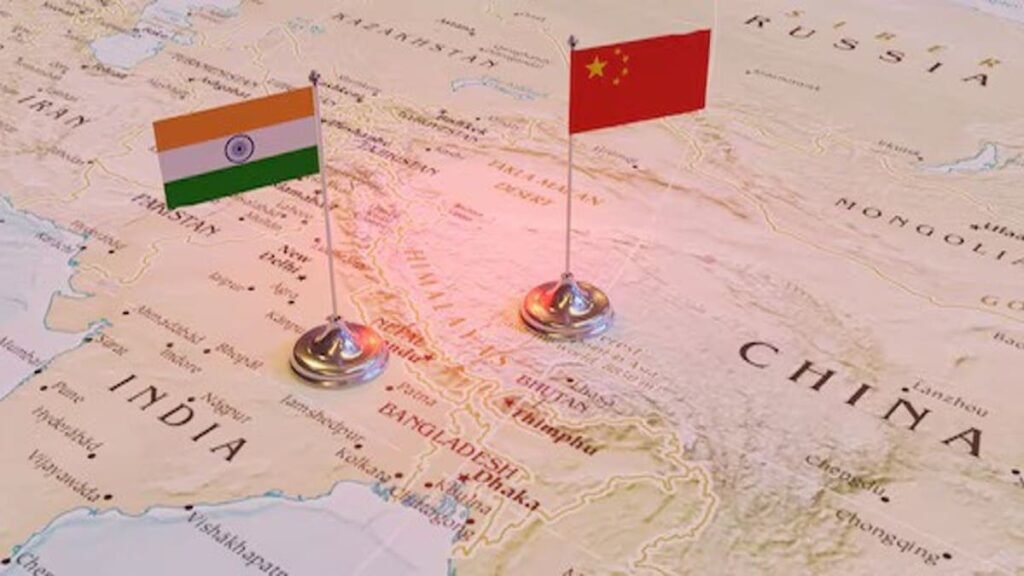Press Note 3 cast a wide net by including a clause that allows the government to scrutinise any transaction in which the ultimate controlling interest lies with a Chinese entity, even if the funds are routed through Singapore or Mauritius
read more
In April 2020, amid rising border tensions and pandemic-induced vulnerabilities, the Indian government had rewritten the rules of foreign investment.
The change came in the form of Press Note 3, a directive issued by the Department for Promotion of Industry and Internal Trade (DPIIT), which altered how foreign direct investment (FDI) from neighbouring countries, most notably China, is treated.
Until then, FDI into India operated largely under an automatic route, with few restrictions unless the sector itself was sensitive. But Press Note 3 changed the game: all investments from countries sharing land borders with India would now require prior government approval. That includes China, Pakistan, Nepal, Bangladesh, Bhutan, Myanmar, and Afghanistan, though the policy was clearly aimed at Beijing.
This geopolitical safeguard was a direct response to a growing perception in New Delhi: that India’s companies, especially startups and strategic players, were vulnerable to “opportunistic takeovers” during the economic turmoil of the COVID-19 pandemic. The violent clashes between Indian and Chinese troops in Ladakh in June 2020 only hardened that resolve.
Beyond borders: Who owns the money?
Press Note 3 targeted direct investments from land-bordering countries, but it also cast a wider net by including “beneficial ownership”—a clause that allows the government to scrutinise any transaction in which the ultimate controlling interest lies with a Chinese entity, even if the funds are routed through Singapore or Mauritius.
This provision has given Indian authorities broad discretion in reviewing proposals and, for many Chinese investors, created a landscape of legal opacity. Approvals now take months, and some applications are left pending indefinitely. According to recent reporting by Moneycontrol, even well-established Chinese firms looking to invest through joint ventures with Indian partners have had to endure long waits and uncertain outcomes.
Since the introduction of Press Note 3, not a single Chinese FDI proposal has been cleared through the automatic route. Each case is examined individually, under the careful eye of ministries spanning commerce, home affairs, and national security.
Gatekeeping in a shifting world
Press Note 3 has become India’s go-to instrument to regulate Chinese capital. In the years since its introduction, more than 400 proposals from Chinese-linked entities have reportedly been filed, but only a handful have made it through. Tech collaborations, in particular, have drawn sharp scrutiny, with Indian authorities wary of allowing deeper Chinese access to sectors like telecommunications, fintech, and e-commerce.
Yet the policy has its critics. Some Indian startups, once buoyed by Chinese capital, now complain of stalled funding and lost growth opportunities. A recent Moneycontrol op-ed argued that the note’s implementation has created a chilling effect even on benign joint ventures, warning of “negative spillover effects” on India’s attractiveness to global investors.
Still, the strategic calculus has not shifted. As one official told The Economic Times, “we will not make the same mistakes that Europe made with Chinese investments.” That sentiment is echoed in Delhi’s broader push to build resilient supply chains and reduce reliance on Chinese imports.

